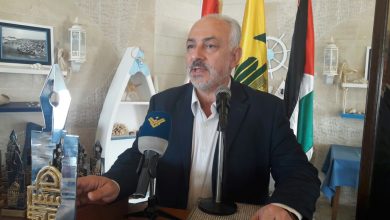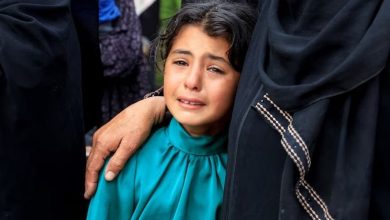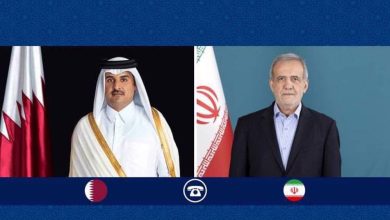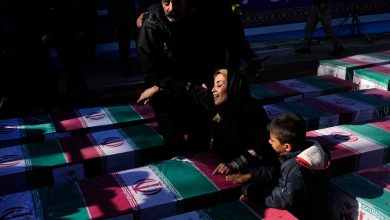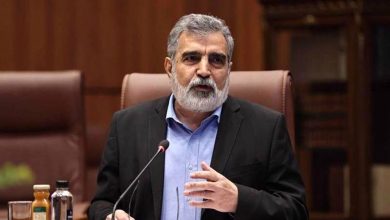Iran FM Araghchi Threatens Severe Retaliation if ‘Snapback’ Mechanism Activated
Iran's Foreign Minister, Abbas Araghchi, has issued a warning, stating that any move to trigger the "snapback mechanism" for the re-imposition of United Nations sanctions will be met with a severe response from Tehran.
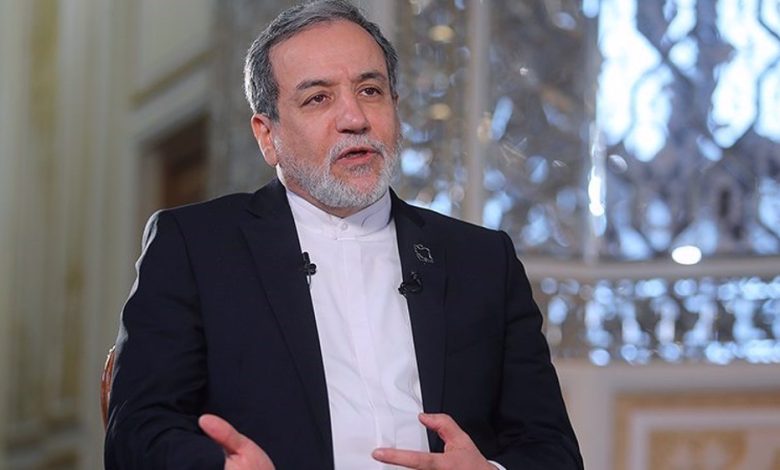
Araghchi addressed the Parliament’s Committee on National Security and Foreign Policy on Sunday, providing an update on the fifth round of indirect negotiations between Iran and the United States that took place in Rome, Italy, two days prior.
The foreign minister spearheaded the fifth series of negotiations with Trump’s special envoy, Steve Witkoff. As in the previous four rounds, the discussions were mediated by Omani Foreign Minister Badr Albusaidi.
In remarks to reporters concluding the negotiations, Araghchi praised the discussions with the United States as “one of the most professional” sessions, affirming that Tehran will steadfastly maintain its stance and uphold its “completely clear” positions.
The latest round of negotiations was described by the chief Iranian negotiator as one of the most professional to date. The representative reiterated the Islamic Republic of Iran’s clearly defined positions and principles regarding the discussions, emphasizing their unwavering stance on these matters.
Ebrahim Rezaei, spokesperson for the parliamentary committee, reported that on Sunday, Iran’s foreign minister informed legislators that Tehran is resolute in its stance of refusing to engage in negotiations under pressure.
A legislator reported that Araghchi stated Iran remains committed to its prudent and transparent nuclear strategy, which, according to him, remains unaffected by pressure, threats, or incentives.
The foreign minister highlighted the Israeli regime’s stance against uranium enrichment in Iran, warning that any potential conflict in the region would have widespread consequences, affecting all nations and the entire area.
In remarks following discussions in Rome, Araghchi indicated that Iran is open to the idea of creating a regional enrichment center. However, as Rezaei noted, the minister emphasized that enrichment activities within Iran will persist.
Iran’s representative, Araghchi, emphasized that the nation has consistently remained engaged in negotiations and intends to pursue diplomatic avenues moving forward.
Since April, Tehran and Washington have conducted five rounds of indirect discussions in Rome and Muscat, the capital of Oman, concerning Iran’s nuclear program.
The United States has frequently altered its stance in ongoing negotiations, drawing criticism from Iranian officials who stated that the “contradictory” messages are counterproductive to the diplomatic process.



